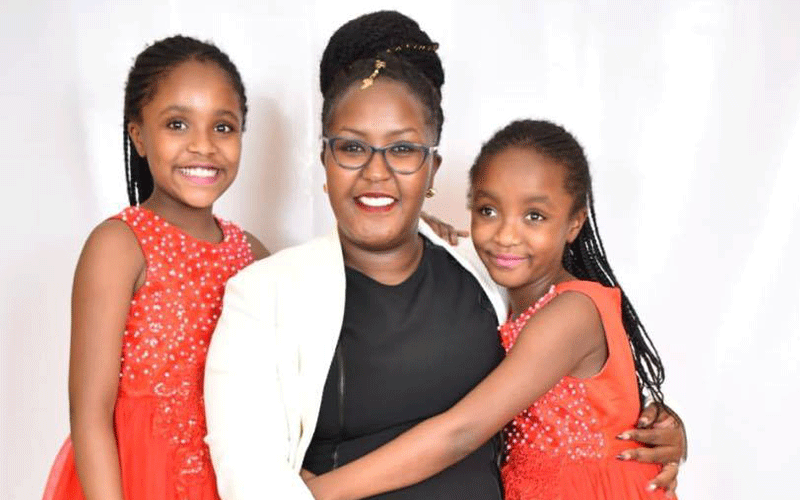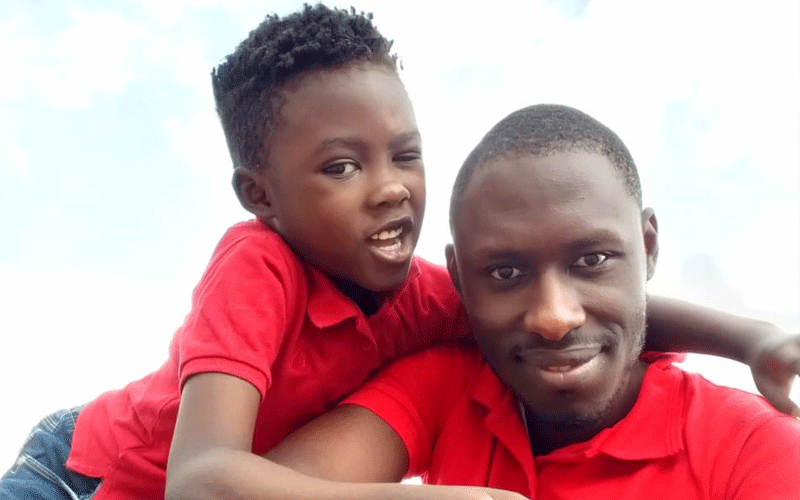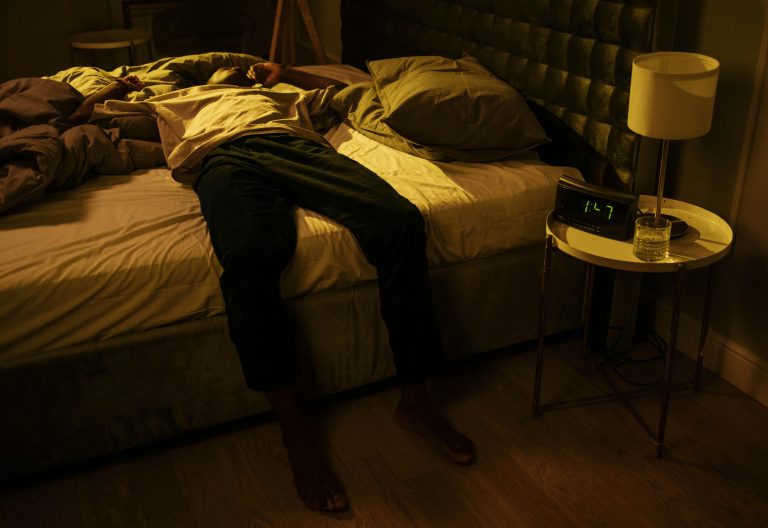When raising children turns cumbersome

The irony of parenting is what adults stuck at home with their children are getting to learn afresh. Whereas some are having fun, others are undergoing a nightmarish moment. Yet, as matters stand, the trip has just began.
Evelyn Makena and Harriet James
Faith Ekai is a troubled parent. She has had to deal with a cocktail of emotions since the outbreak of Covid-19.
The mother of three has had to contend with restlessness, frustration, confusion, anxiety and also gratitude.
What ordinarily should be a blessing for any parent to have her children by her side has turned into moments of anxiety for the pastor and simple decisions are no longer so simple.
Her children are at a critical growth phase; with the eldest in Form Two, and the others in Grades Three and Two Ekai has had to deal with uncontrollable energy levels of her younger children and the mood swings of her teen child.
“Most of the times, I am shouting asking them to do one thing or the other. Containing them is not easy,” she says.
Ekai’s experience gives a glimpse into what many parents have been going through since March after the government closed schools to prevent the spread of coronavirus.
Many had hoped that by May, children would be back to school for the second term.
Reality soon dawned after Education Minister George Magoha announced this month that the earliest that primary and secondary schools could reopen is January next year.
This meant parents will have their children home for the longest period in the recent past.
For Ekai, who has installed Internet in her house to facilitate online learning for the children, her biggest dilemma right now is to monitor the activities of her teen son to ensure he is not accessing content that is inappropriate for him.

With all the children at home as well as the parents, Ekai laments that the space in the house becomes increasingly toxic because they are all getting on each other’s nerves.
“At the end of the day, everyone wants their space which is not possible now that we are all at home,” she says.
For some parents who are working from home, the experience has presented similar challenges, with the biggest headache being how to keep young children actively engaged.
Following the closure of schools in March, Nevile Chemuku, a teacher has been spending most of his time at home parenting his nine-year-old son.
His biggest challenge has been keeping the boy now in Grade 4 constructively busy.
“I often say that as a parent or a teacher, it is either you give children work or they will give you work, I chose the former,” he says.
To navigate this challenge, Nevile has come up with a strict daily schedule from 9.00 am to 3.00 pm that his son observes religiously from Monday to Friday.
“During this time, I help him with schoolwork and he takes breaks to play. I take part in his games so that he feels I am part of the activities,” he says.
But not all is doom and gloom, for Josephine Njoroge, a mother of two, the experience has been nothing short of exciting, as she is now able to spend more time with her children.
Njoroge, a centre manager at Kofisi Africa, has enjoyed being at home with her two daughters aged eleven and six.
They often go for walks, play games, watch movies and learn to cook together. Josephine is also glad that their father has had ample time to spend with the girls.
“Their dad has also been there to help with the classes when I had to resume work,” she says.
As for Nancy Mwangi, her hands have been full of parenting responsibilities after she decided to release her house-help at the beginning of the outbreak in a bid to cut costs in the house.
The mother of three girls aged 18, 8 and 2 years old divides her time between taking care of the children and working.
Nancy, a counsellor, says Covid-19 has brought a lot of anxiety to children with many constantly worried that they may contract the virus and die or that they may lose their parents.
Mood swings
The psychological impact of the pandemic is taking a toll on children and may manifest through mood swings, bedwetting, and withdrawal.
Nancy, who runs two mentorship programmes, Kangaroo Kids Club for children and iMentor teens for teenagers says that this period is a crucial time for children to learn life skills.
She advises parents to ensure that they create a routine for their children during this period.
“Ensure children follow a schedule of when to sleep, shower and every other activity. A schedule makes you them more focused and structured,” she says.
If left to their own devices, Nancy warns that children, especially teens may use this time to engage in destructive activities.
In this case, she advises parents to develop a relationship with their teens. “Be their friend, if they can connect with you it is easy for them to learn important life lessons from you.
When you openly engage with teens as friend, they will treasure the lessons and are not likely to deviate from the good teachings even in your absence,” she says.
Geoffrey Wango, a senior lecturer in Counselling Psychology at the University of Nairobi says engaging in fun activities such as cycling, walking and jogging is beneficial to children as it gives them a break from the closed space, helps with relaxation and at the same time keeps the children occupied.
Wango adds that the uncertainty of the pandemic has shaken up children’s worlds leaving them distressed.
“Children are anxious. Reassure them that all is well and that the situation is temporary eventually they will resume school,” he says.
Putting in parental controls especially for teenagers on the Internet and the television is important especially for teenager to ensure they are not accessing inappropriate content.
To do this, Wango says parents can use softwares to prohibit access of pornographic or violent content.
Wango and Nancy agree on giving the children a balanced diet even during these tough financial times.
This means cutting down on non-essential and luxury spending and only focusing on the basics such as food for the time being as a good diet is key in helping the body overcome stressful situations.
But this comes at a steep cost, given that the price of food has risen over this period, forcing parents to dig deeper to tend to the basics.
High food prices in the past month has greatly affected families because breadwinners have either lost jobs, taken a pay cut, or are on unpaid leave.
Those in business have either closed or are experiencing reduced sales.
In the latest survey by the National Treasury households Wave 2, conducted in May, 78.8 per cent of respondents said food prices have increased, with only 2.8 per cent reporting a drop.
Njoroge says she has been feeling the pinch of the increase of prices of food and other basic goods such as clothes.
“Children are really eating a lot. They also picked this as the convenient time to outgrow their clothes.
My monthly shopping for foodstuff only ranges Sh12,000 to Sh15,000 working on bare minimum and I am paying Sh5,000 for Internet,” she narrates
In addition, she has noticed a rise in the cost of electricity. When the children were in school, tokens worth between Sh2,000 and Sh2,500 would last us for a month.
Nowadays, tokens worth Sh1,000 do not even last a week. She also stopped paying for her children’s online classes upon the announcement that schools would reopen in January.
Lower fees
“We have been paying Sh1,500 a week per child. For a season where most parents’ income has been affected obviously, this is not a small amount,” she says
While some parents are worried over rising expenses, for others like Hillary Ambani, an author and media personality, his five-year-old being at home has meant less expenses.
“The fee is 75 per cent lower. His tuition alone was about Sh70,000 per term, minus transport and food.
Transport was Sh21,000 and food was Sh16,000. That would come up to Sh105,000 per term.
Now I only pay Sh15,000 monthly, which is Sh45,000 for a term,” he explains.
Hillary is glad that he has been able to bond more with his son and also that his wife, who works abroad, spends some time with him on video call.
Elizabeth Mutheu Kiilu, a psychologist and a teen coach/ mentor is also glad of the bonding time that she has had with her children.
Nevertheless, staying with her three girls aged 7, 5 and 3 has brought a major adjustment to her daily routine and also has had to assist her children through the process.
“It was actually harder for me to adjust to home schooling. They can’t understand why all over sudden mummy has turned into a teacher.
Being a teen coach/mentor and also a student it was also difficult for her to balance between work, her classes with home schooling her children.
At some point, Elizabeth recalls pulling them off the classes to come up with a strategy and plan on how to balance in order to avoid hurting their mental health.
“I have learned not to stress them with a lot of school work and devoted time to help them develop life skills instead.”












